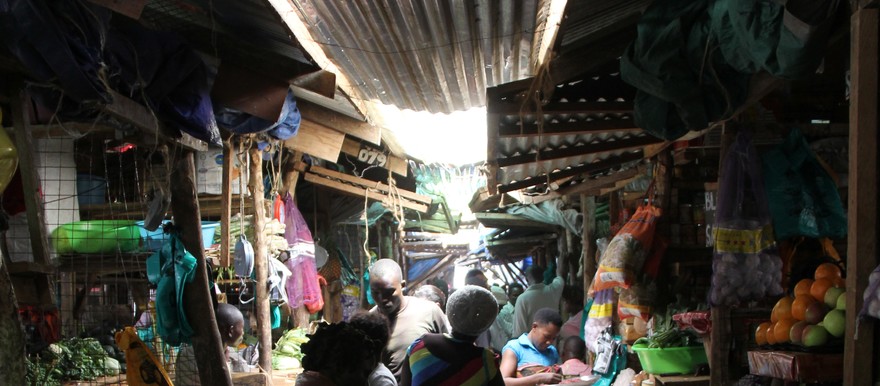Poverty is pushing many girls into prostitution in the South Sudanese capital because parents are too poor to keep them at school.
A 24-year old woman told Bakhita Radio in Juba that she had to go for prostitution to earn a living because her husband passed away when she was pregnant and nobody was able to take care of her.
She said she charges one man ten pounds and in a good night she can make 60 pounds. She added that she did not feel good about it, but the conditions were pushing her.
Another woman said she ended up in a sex camp in Juba after her mother passed away when she was young. She explained that her stepmother mistreated her and her father did not pay her school fees in Yambio and she ran to Juba.
The woman from Yambio said she doesn’t sleep in the market: she makes her business and returns to the house she rented with her sister. She added that if somebody is ready to pay for her school fees she is willing to go back to study. She said in a good night she can get between 150 to 300 pounds.
Mary Wilson, a resident of Atlabara neighborhood, said she observed prostitutes lining up in the hotels at night. She noted prostitutes come and surround men passing by or parking their cars which is not good for the future generation of young children.
The area resident said most prostitutes are foreign nationals but there are also some South Sudanese involved. She added that her husband opened a court case trying to remove street prostitution from Atlabara area.
Prostitution is on high rise in Juba on hotels, sex camps and streets and many citizens are calling on the government’s intervention to rescue the future of the young girls.
A recent study by the Ministry of Health and South Sudan AIDS Commission reported that the majority of sex workers in Juba are foreigners, whereas in Yambio – the other focus of the study – a larger percent are South Sudanese.
Report by Sudan Catholic Radio Network.
Photo: Konyo Konyo market in Juba, South Sudan, February 2013 (Jon Brown)




